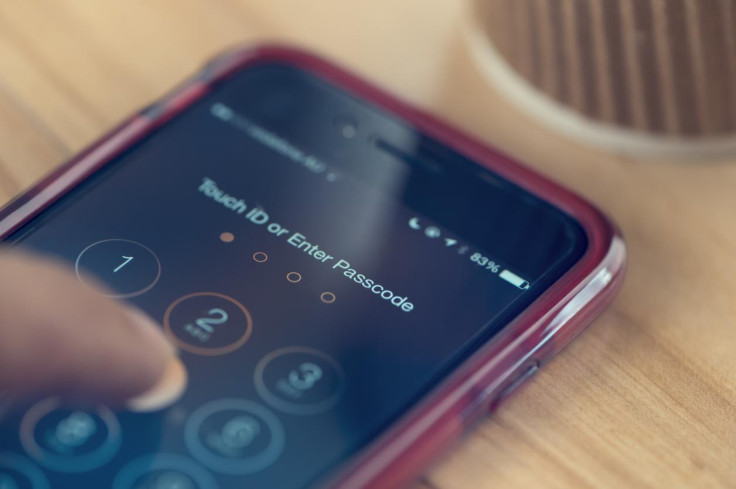More than half of people are happy to share their passwords with others, McAfee study finds
"You would not think of leaving your front door open would you?" McAfee fellow Raj Samani told IBTimes UK.
As cyberattacks continue to grow more sophisticated, common and daunting, security experts worldwide have long urged people, businesses and governments to bolster their cyberdefences. However, a new study has found people are still more than willing to share their online passwords with others.
According to a recent McAfee study surveying 3,000 people across the US, UK, France, Germany and Australia, a shocking 59% of respondents said they were comfortable with sharing their passwords with others. The most commonly shared passwords were for video-streaming services such as Netflix or Hulu, the survey found.
About 37% of respondents admitted that they keep track of their online passwords the old-fashioned way - by listing them all down on paper and keeping it in a place they consider safe. Around 13% of UK respondents said they write down their passwords and keep them near their computer.
People use various other "easy" measures to keep track of their passwords such as emailing them to themselves (9%), storing them in a notes app on their smartphone (8%), using a spreadsheet or other document on their computer (7%), or hiding the passwords in fake contacts on their phone (6%).
While 44% of respondents claimed security strength is their main concern when creating passwords, 34% said they were more concerned about the ease of remembering their passwords.
More than 34% of US respondents said they regularly reuse passwords across multiple accounts - a seemingly routine but dangerous practice. About 20% said they use some form of password management software.
"One simple password to remember is easy," McAfee Fellow and chief scientist Raj Samani told IBTimes UK. "Remembering so many passwords can be a real pain so people simply revert to the quickest shortcut they can think of. This results in the same password being used across all online websites."

Samani said many people still resort to using embarassingly weak passwords such as their dog's name to access their online accounts.
"With so much to remember, it is no surprise that the password of 'password' remains one of the most popular security measures people use," he said.
While 10% of UK respondents admitted they forget their passwords all the time, 46% said they forget it occasionally. About 69% resort to going through the "Forgot password" sequence when they do forget their password with 14% repeatedly trying various passwords until they are eventually locked out.
Not surprisingly, around 75% choose to abandon whatever they were trying to do online simply because they forgot their password.
Importance of one's digital identity versus convenience
In the UK, 44% of respondents said all of their internet-connected devices have a password or some form of access control. However, 56% admitted they have at least one connected device that does not have a password or access control.
While biometrics and better password policies are "crucial", Samani points out that the issue is much deeper than just a "technological fix".
"Only once individuals recognise the true value of their digital assets, will they start to do more to protect themselves," he explains. "A Twitter account, for example, is not just a social media platform. From a cybercriminal's point of view, it is a digital representation of each of us. If this account is compromised, inappropriate content can then be spread purporting to be from you. If they post malicious or abusive content, this could seriously impact the victim further down the line.
"The internet never forgets and we are constantly reminded that using a simple password doesn't cut it," he added. "You would not think of leaving your front door open would you? Currently, consumers are doing the equivalent with their online lives."
© Copyright IBTimes 2025. All rights reserved.




















